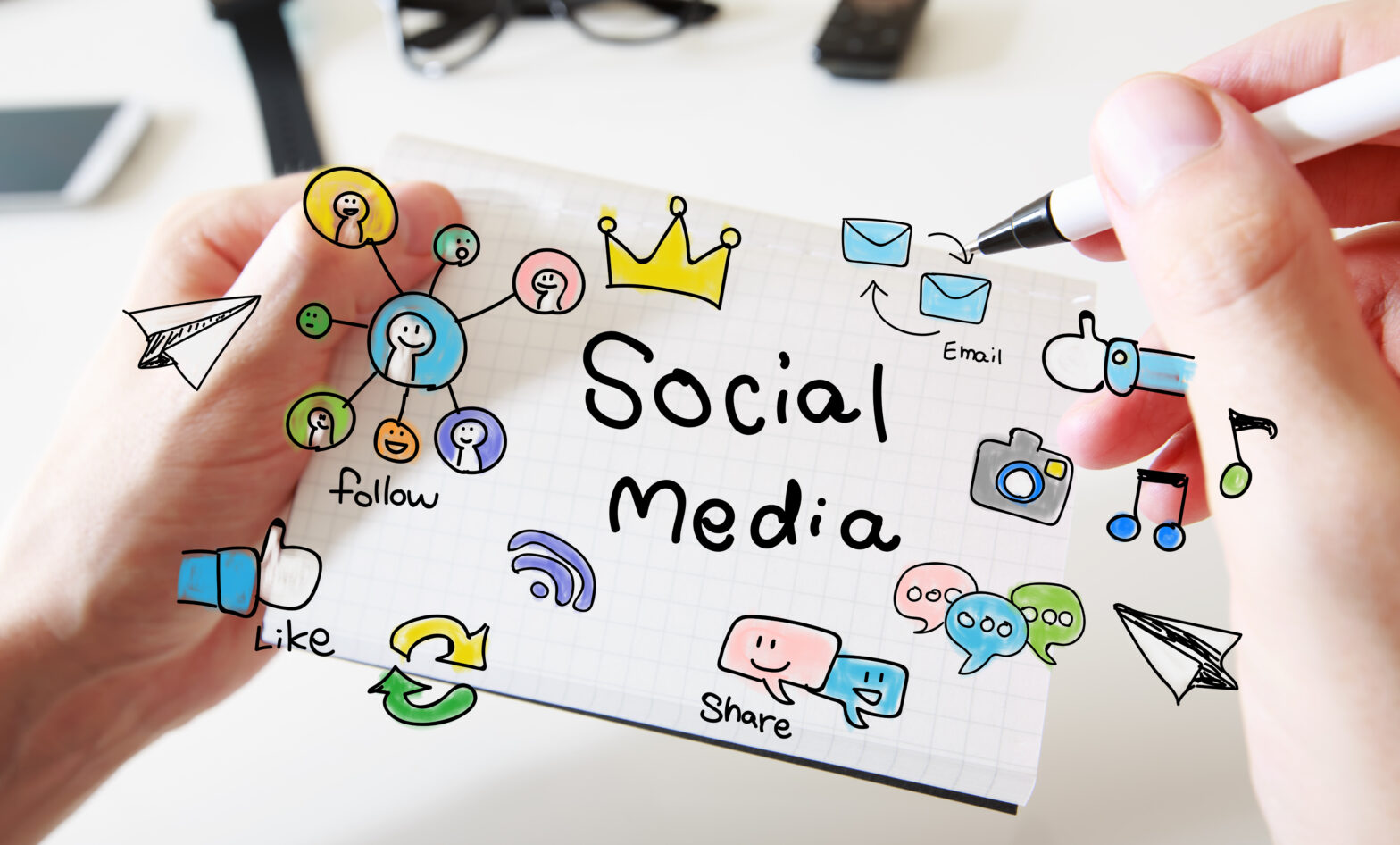What most people don’t realise is that social media has affected workplace mentality. The perception of social media as a tool for procrastination and being purely for personal use has completely changed and the approach to work – whether it’s recruitment, sales, marketing or even customer service – has also seen a huge shift.
Previously, the line between work and personal life had a very clear distinction. Keeping your personal friends and colleagues separate was easy, but after social media came into play – particularly over the past couple of years – it has now become a grey area.
Most people have colleagues added as friends on Facebook or follow each other on Instagram, and Twitter is being used for both business and personal matters.
>See also: Social media in business: 10 years on
Not to mention, social media now has a firm place in the workplace strategy. Using social media platforms to recruit has opened the doors to previously unreached candidates.
It has also helped the recruitment process to become more efficient. Since the introduction of LinkedIn, both recruitment agencies and businesses have benefited, as shortlisting has become a lot more organised and manageable, and cut out the middleman of a recruiter.
Rather than trying to make sure you don’t miss any CV’s in your inbox, having candidates on one platform and easily being able to view both their CV’s and profiles in one space saves employers from digging around to get the information they need.
As a result, the approach to job hunting for individuals has also changed. Rather than spending all day sat down with recruitment agencies to discuss what they’re looking for, they can easily find the opportunities for themselves and be found by employers.
Social media has also changed for sales staff. Now, information such as work mobiles, email addresses, and what company employees work for is much more available.
>See also: How to choose the right social media channel for your business
There is no longer a need to rely on cold calling to get through to potential customers as tools such as Sales Navigator on LinkedIn enables them to reach a new audience based on their company size, role, or industry.
It’s not only recruitment and sales that have changed due to social media; There’s now a firm place for social media in marketing. As most people are using Twitter or Facebook, businesses have been quick to keep up with their target audience by staying present on social media.
It’s also become a big focus for customer services, as customers use social media to get an instant response from a company’s customer service team.
Before, the only option would be to call or email a business when you had an issue or query, only to wait a couple of hours, or even days, for a response.
Whereas now, it’s almost expected for a customer to get a response instantly or at least within a couple of minutes if there’s a complaint. Twitter, in particular, is a popular platform for customers to complain on.
Social media can really help both businesses and individuals if managed well. However, this all depends on how you limit the information you receive.
>See also: Major UK banks targeted by social media phishing scam
With social media giving live updates on events, changes, and what your friends are doing, it’s easy to get carried away.
To help avoid scrolling through your newsfeed for hours on end, take advantage of push notifications and tailoring the content you’re receiving to keep you from drifting away from work.
Ideally this will continue to shape the way we work as it has become vital for businesses to adapt. Not only has social media changed and created job roles but it has significantly shifted the way we view social media from a tool for procrastination to a platform to grow your brand.
Sourced by Jason Downes, MD at Powwownow







